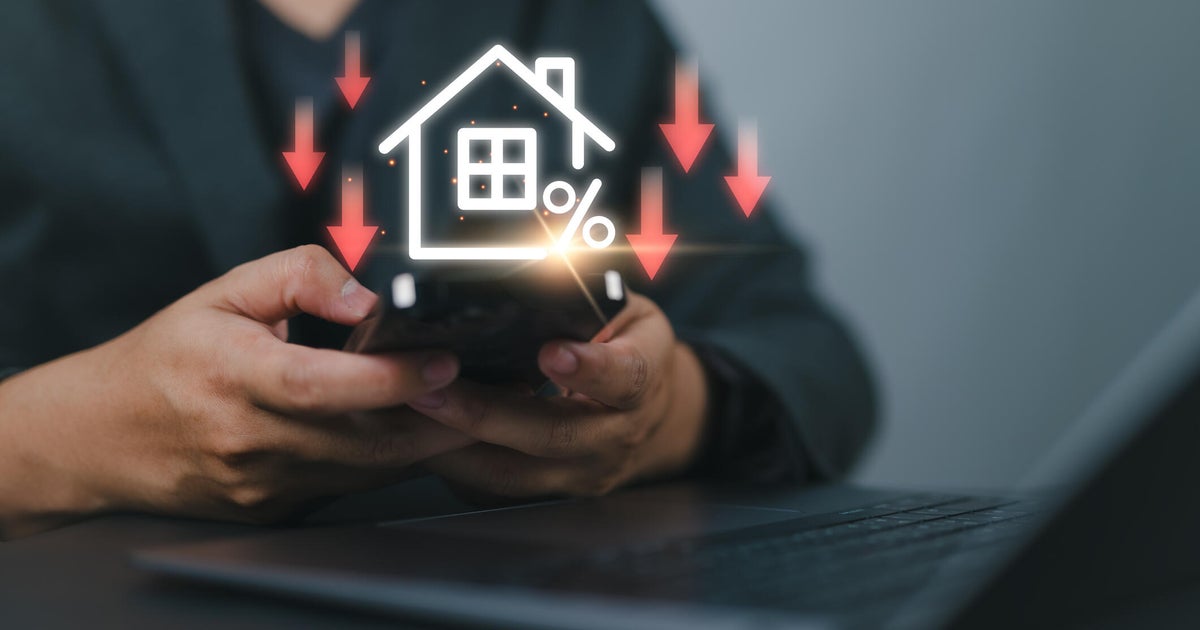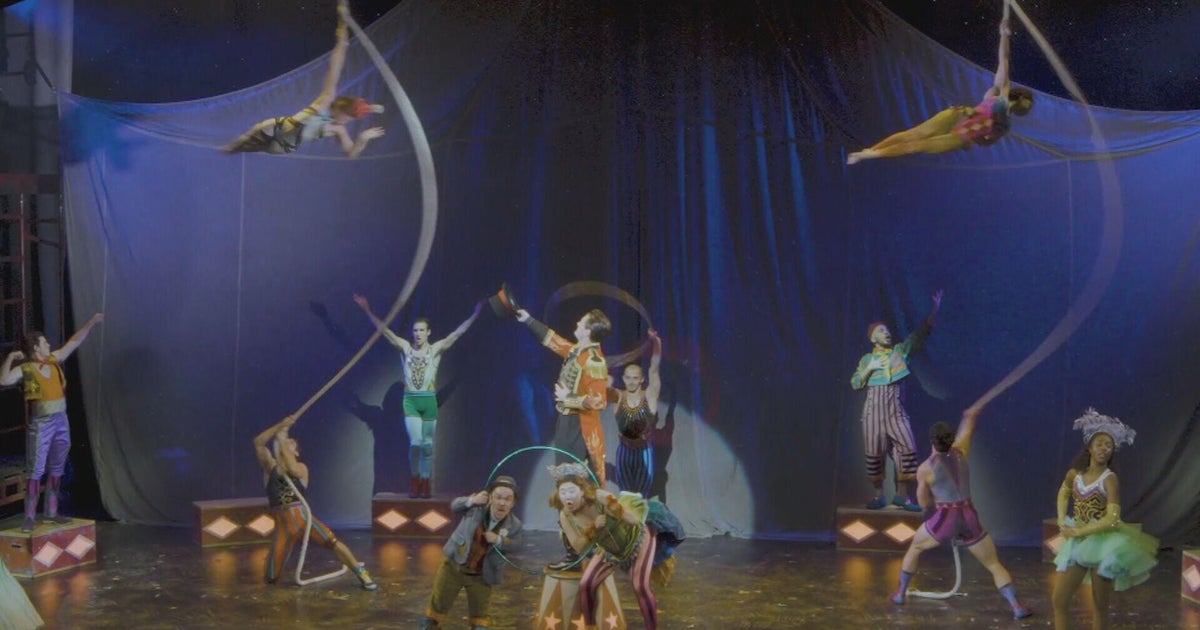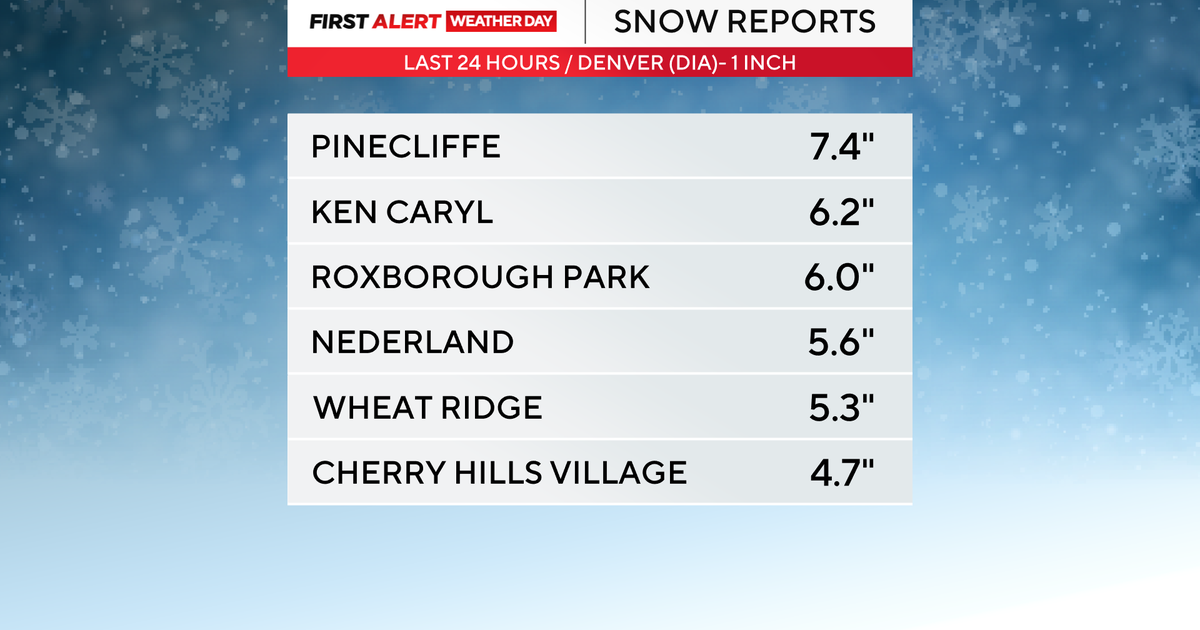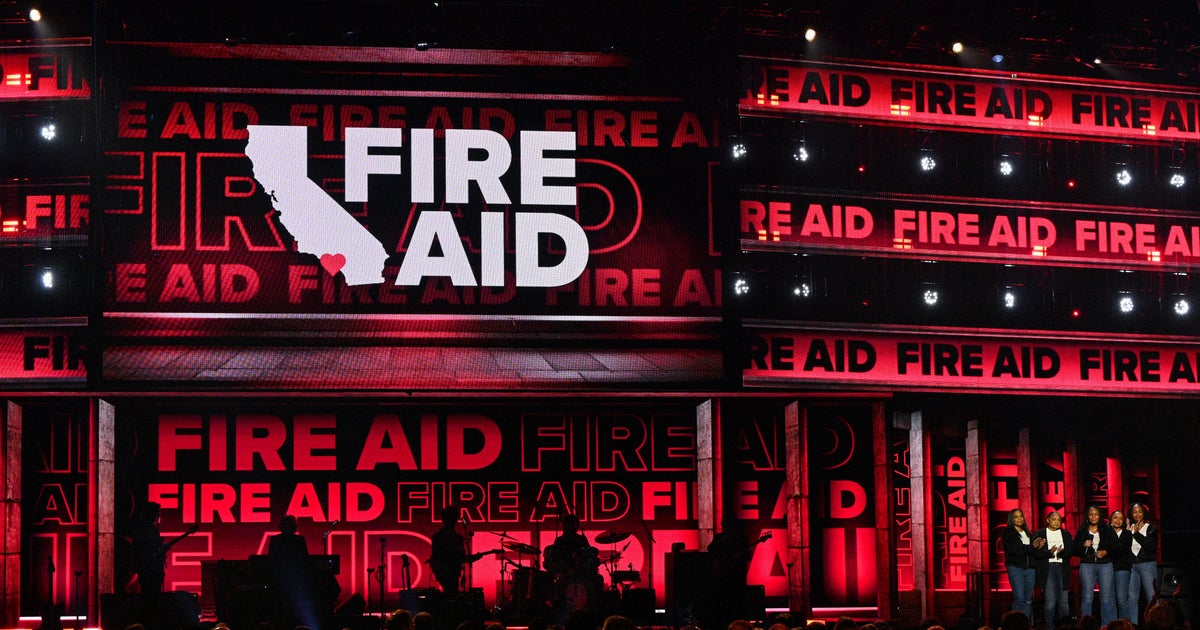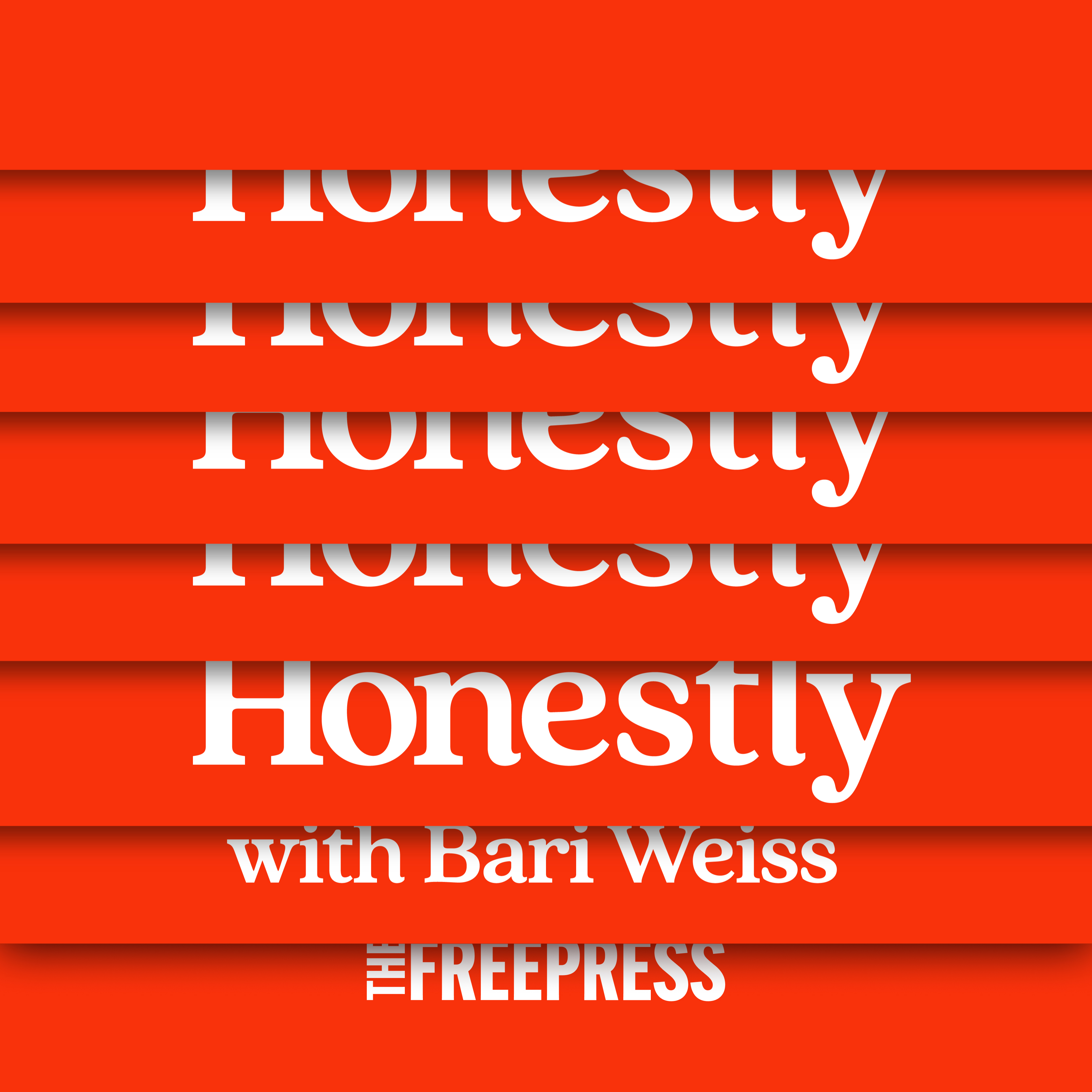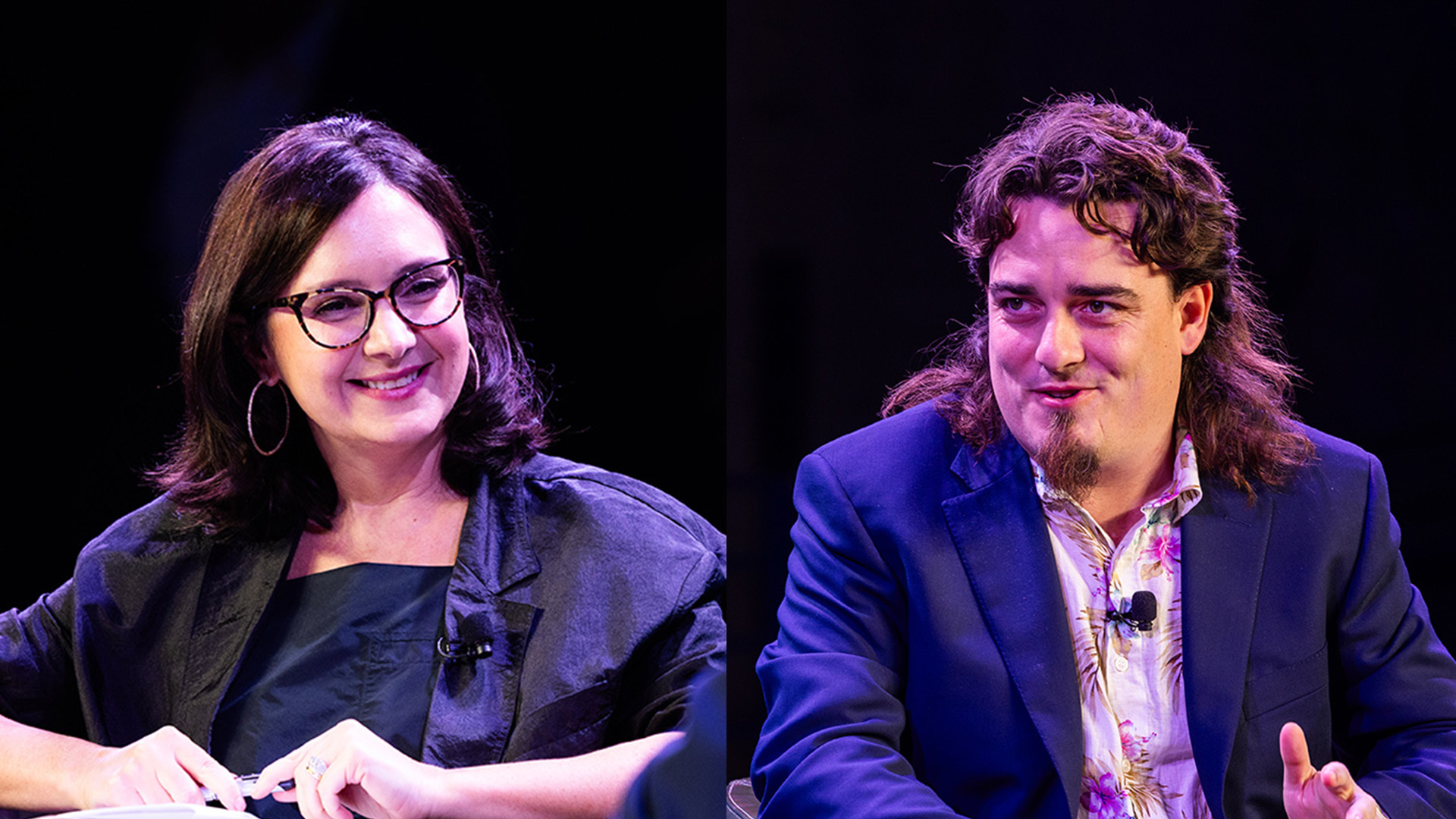Patreon angers artists, content creators with new fee
Making a living as an artist is tough, which is one reason why the online fundraising service Patreon has caught on so quickly with writers, cartoonists and other creative types. But a new fee the startup is tacking on to donations has those artists in open rebellion.
Patreon is similar to GoFundMe, although it is geared toward helping what the service calls "the creative class" earn recurring monthly revenue. Fans of artists like musician Amanda Palmer and the blog Wait But Why agree to pay recurring monthly payments, often as low as $1 a month. In return, the fans receive exclusives such as early access to publications or patron-only stories or art.
Patreon is the brainchild of YouTube musician Jack Conte, who created the service with his former college roommate from Stanford University when he was figuring out a way to support his own band. The pair have raised more than $100 million from venture backers, including Draper Fisher Jurvetson, according to Crunchbase.
The service has been a lifeline for many artists, with some earning tens of thousands per month or per work of art. The site says it will raise more than $150 million this year for about 50,000 monthly active creators.
Even so, many artists rely on small pledges of $1 or so per month, which is partly why Patreon's new fee is causing an uproar in the artist community. The service is planning to add a new service fee or 2.9 percent of each pledge plus 35 cents, which will be paid by the patrons. For those paying just $1 a month, that represents a roughly 38 percent increase in their costs.
"A few hundred people HAVE left my Patreon in the last few days, mostly from the $1 level," Palmer wrote in a blog post about the fee change. She added, "We don't own the land. Patreon does and as stated above: they are not, fundamentally, our friends. Even if we like them. They're a company. They exist to make a profit."
Some artists are asking their patrons to shift to other platforms, such as PayPal, while others are expressing concern about losing supporters when the fee change goes into effect on Dec. 18. Some are also asking Patreon to reconsider the fee and shift the cost onto the artists, rather than their patrons.
Patreon described the change as positive for content creators. The service said artists were losing as much as 15 percent of their income because of processing fees. The new service fee "allows creators to take home a greater portion of their earnings, which is core to our mission of getting creators paid," the company said on its site.
While that might be true, it essentially adds a regressive fee structure that weighs more heavily on donors with less money to give. Supporters with only $1 a month to pledge to their favorite artists are asked to pay 38 percent more, for instance, while those who can pay $10 a month will be hit with only a 6.4 percent increase.
That may seem unfair to supporters who want to make the most of their small pledges and who can't afford to give more to their favorite artists.
The fee structure also seems to ignore the psychology of money: consumers generally don't like to be socked with high fees for a service that otherwise hasn't changed. While consumers understand that prices need to increase to reflect inflation or higher costs of doing business, Patreon framed the decision as one that will reduce the number of complaints it receives about billing confusion while providing more money to artists.
To be sure, Patreon acknowledged some supporters might flee, but it said it believes the new fee "will help creators earn more money in the long term."
